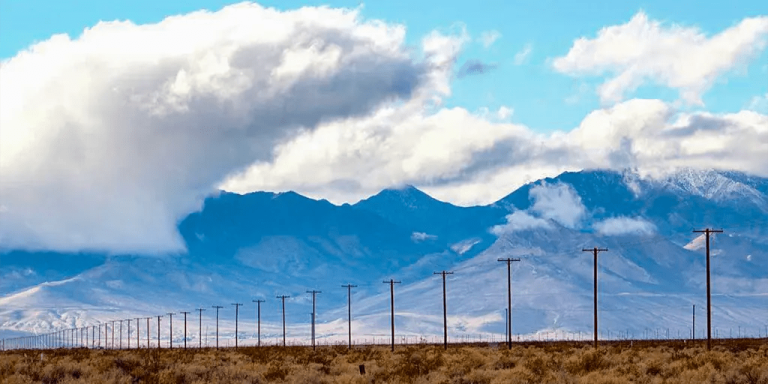Author: H. Sterling Burnett
The long-standing American Legislative Exchange Council (ALEC) recently held its 51st annual meeting in Denver, Colorado.
ALEC is a nonprofit organization established to promote Jefferson's policy of limited government. It works with state legislators and the private sector to provide solutions to the many issues facing state government and its residents.
I have been working on ALEC's Energy, Environment and Agriculture Working Group (EEA) for nearly 30 years. Among other things, it sets out model legislation that states can adapt to their own needs.
This year’s EEA conference produced a number of impressive model bills. Two articles written by my organization, the Heartland Institute, will support grids in states trying to attract big tech/artificial intelligence hubs. These bills are designed to ensure that the electricity needed by these power-hungry facilities is paid for by the companies that need it and reliably supplied from traditional sources.
Ensuring that the grid is not affected by additional demand from big technology and artificial intelligence will prevent the costs of new demand from being socialized onto ratepayers. It will ensure grid security for residents and small businesses.
ALEC is long overdue for passing a model bill: legislation requiring state utility regulators to set aside a position on their boards for ratepayer advocates. This individual will work specifically to ensure that utility plans submitted to the Commission minimize the costs of new construction and rate plans for monopoly utilities while improving reliability.
Another model bill adopted by ALEC requires that electricity sources be labeled to account for the full range of environmental and economic impacts. This allows for an apples-to-apples comparison of proposed and existing energy sources.
Another model bill adopted by ALEC is the Affordable, Reliable, and Clean Energy Security Act, which is of particular value to state residents. This bill is based on an unquestionable premise: “Energy security is critical to economic growth,” and therefore affordable, reliable power from clean energy sources is critical to the future prosperity of our families and communities.
The “security” part of the bill has two aspects:
- To establish grid and supply security, it requires that fuel sources “must be produced primarily within the United States” and that “the infrastructure required to deliver energy to customers should minimize reliance on foreign critical materials or manufacturing.”
- To provide security for people who rely on electricity in their daily lives, it defines acceptable energy as energy that is “available 24/7.” Therefore, there is no need for a power source that relies on changes in weather (wind) or time of day (solar energy).
Affordability is ensured by provisions in the bill that examine the stability of prices over time and the cost-effectiveness of providing heating, cooking and electricity generation.
The act sets out requirements for reliability, requiring a capacity factor of at least 50% and that the power provided can be dispatched on demand.
My only quibble with the model bill is its definition of “clean” energy. The proposal says clean energy “releases fewer air pollutants,” and then specifies that nuclear power and natural gas meet the definition. They do, but so do modern, state-of-the-art coal-fired power plants, which emit much lower emissions than older plants.
Coal also meets all requirements for reliability, safety and affordability set out in the legislation. We have more coal than any fuel source, and coal prices are less volatile than competing fuels. For America's long-term well-being, coal needs to stay in our energy mix.
Having said that, I'm glad this bill passed. Perfection should not be the enemy of good—or, in this case, perfection should not be the enemy of good.
ALEC has introduced some good model legislation this year, and there's more to come. All bills advance the interests of the states and their residents. Now, it’s time for lawmakers to do the right thing for their constituents and the economy by adopting versions of the bill that fit their states’ unique requirements.
These model legislation benefit America’s energy security, grid reliability, and residents’ wallets and business profits.
What patriotic American would object?
Dr. H. Sterling Burnett (hsburnett@heartland.org) is director of the Arthur B. Robinson Center for Climate and Environmental Policy at the Heartland Institute in Illinois. A nonpartisan, nonprofit research organization in Arlington Heights, State.
This article was originally published by RealClearEnergy and provided via RealClearWire.
Relevant
